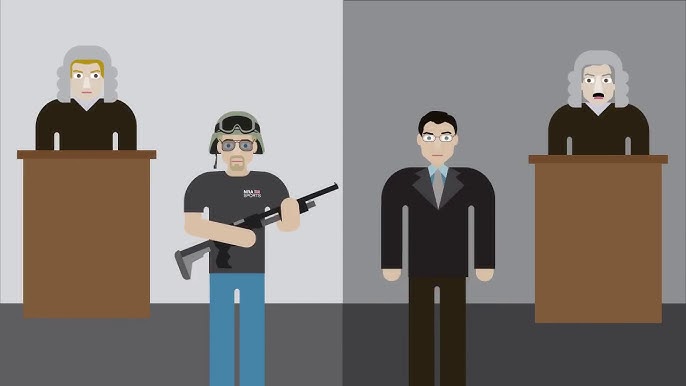Have you ever wondered what protections you have from warrantless arrests in your own home? This is exactly the question the Supreme Court tackled in 1984’s landmark case, Welsh v. Wisconsin.
In this blog post, we’ll break down the case and explain what it means for your rights as an American citizen.
The Case: A Traffic Stop Gone Wrong
The case centered around Edward Welsh, a Wisconsin resident arrested at home for driving under the influence (DUI). While the details of the DUI itself are unimportant, what mattered was how the arrest went down. Police entered Welsh’s home without a warrant, which he argued violated his Fourth Amendment protection against unreasonable search and seizure.
The Fourth Amendment and Your Home
The Fourth Amendment guarantees protection against unreasonable searches and seizures. This includes a strong emphasis on the sanctity of the home. Generally, law enforcement needs a warrant to enter your home, unless there are exigent circumstances, like a danger unfolding inside.
The Court’s Decision
The Supreme Court sided with Welsh. The Court reasoned that arresting someone in their home for a non-violent offense, like a first-time DUI, doesn’t justify a warrantless entry. This decision placed a high bar on police entering a home without a warrant, protecting an individual’s privacy and security within their own dwelling.
What This Means for You
The Welsh v. Wisconsin decision is important because it reinforces the idea that your home is a place where you have a heightened expectation of privacy. Police generally need a warrant to enter your home, and if they don’t have one, you have the right to refuse entry.
It’s important to note that there are exceptions, like exigent circumstances or if you give consent for the police to enter. However, Welsh v. Wisconsin serves as a reminder of the protections you have in your own home.
Remember:
- You have the right to know why the police are at your door.
- You can refuse to let the police enter your home without a warrant (unless there are exigent circumstances).
- If you’re unsure of your rights, it’s always best to politely ask the police to wait while you consult with an attorney.
Knowing your rights can help protect you in situations where law enforcement interacts with you in your home. By understanding the importance of cases like Welsh v. Wisconsin, you can ensure your privacy and safety are upheld.



